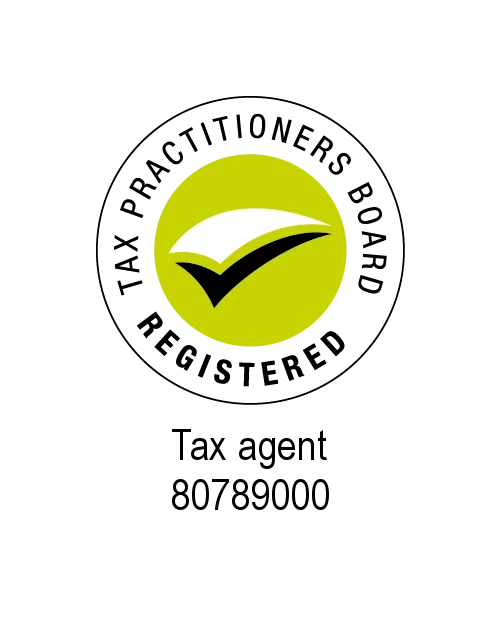New Tax shortcut for Employees Working from Home

With many people now working from home because of COVID-19, some of the expenses your employer normally covers – such as electricity, heating and cooling – are coming out of your pocket instead.
Some employers provide a daily allowance to help with these additional costs, but if not it’s important to claim your extra expenses at tax time.
To simplify things, the ATO has announced shortcut rules if you find yourself working from your kitchen table or sofa for the first time.
New shortcut rules
Under these temporary measures, if you are working from home due to COVID-19 you can claim a simplified tax deduction of 80 cents per work hour for your running expenses.
Your running expenses include things like lighting; heating and cooling; cleaning; and office supplies like printer paper and stationery. The shortcut rate also covers the cost of your internet, phone and computer equipment.
The decline in value (or depreciation) of the furniture and fittings you use in your home office is covered too.
Items such as tea, coffee and toilet paper, can’t be claimed. Neither can expenses such as rent, mortgage interest, property insurance, rates and land tax.
Substantiating your claim
Before you get too excited, you are only entitled to a deduction for expenses related to earning income. You must have actually spent the money and not been reimbursed.
Fortunately, the shortcut method only requires you to keep a record of the number of hours you worked from home as evidence of your claim. This can be in the form of a time sheet, or an Outlook calendar or diary entry.
If you are audited by the ATO, it’s likely you’ll also be asked for supporting evidence from your employer.
The shortcut arrangements are in place for running expenses incurred from 1 March to 30 June 2020. The ATO intends to review the arrangement for the next financial year as the COVID-19 situation progresses.
Eligibility for the shortcut rules
The simplified rules are only available to employees working from home. If you are a sole trader or run a small business from home, you must use the normal business deduction rules. The shortcut rules allow multiple people living in the same house to claim the new 80 cents rate, so both members of a couple can claim a deduction at tax time. You’re not required to have a dedicated work area, which is a requirement under the normal rules.
If you normally work from home a few days a week, you need to keep two sets of records – one covering the period from 1 July 2019 to 29 February 2020 and a second one covering the period from 1 March to 30 June 2020 if you decide to use the shortcut method.
Current rules for working from home
Although the simplicity of the shortcut method is attractive for claiming your running costs, you can choose to use the pre-existing rules if you prefer.
Currently there are two ways to calculate your running expenses: claiming a fixed rate of 52 cents per work hour, or calculating your actual expenses.
Under the fixed rate method, you claim 52 cents an hour for your running expenses. You then work out separately your costs for phone and internet usage, computer consumables and stationery, and the depreciation on your computer. To claim, you need to keep records of actual hours worked, or a four week diary to show your usual working pattern.
Dedicated home offices
If you have a dedicated work area at home, you can choose to calculate your actual running expenses. These costs (plus depreciation on your equipment, furniture and furnishings over $300) need to be apportioned into personal and work related amounts.
For your phone and internet expenses, you can claim up to $50 with limited documentation, or calculate your actual expenses and apportion them.
Before opting for the new shortcut, it’s worth having a chat, as the best method depends on your individual situation. Although there is less administration with the shortcut, it may not provide you with the biggest tax deduction.
Call us to discuss how working from home will affect your tax preparations this financial year.







